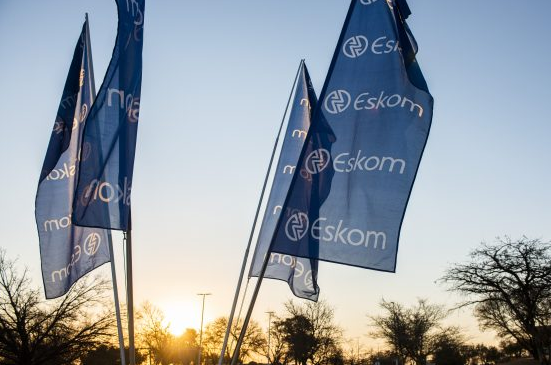
Johannesburg – The National Energy Regulator of South Africa (Nersa) has defended its decision to grant Eskom an increase of 5.23% instead of the 19.9% the power utility has applied for, saying it was acting for the interest of customers.
Advocate Rafik Bhana – legal counsel for Nersa – made these submissions when replying to Eskom’s submission that the Nersa’s determinations for 2018/2019 were invalid.
Nersa granted Eskom considerable revenue of R190 billion – which is R29 billion less than the R219 billion it wanted.
Now, Eskom has asked Judge Jody Kollapen to remit the issue to Nersa and within 60 days the energy regulator must allow the power utility to make fresh submissions.
Nersa, however, on Tuesday boldly rejected the proposal and asked the North Gauteng High Court in Pretoria to dismiss the application with costs.
Justifying his client’s submission, Bhana said: “Nersa carefully weighed the interests of Eskom and customers in this decision.
“Eskom does not seem to dispute that this balancing exercise is required. For example, Eskom accepts that it cannot apply for a full return in one year because its analysis implies a price increase of 63% which would (negatively) affect customers.”
He further highlighted that Nersa’s decision on the determinations was prepared by a group of highly skilled experts, after detailed and careful consideration and following rigorous public consultation processes which resulted in comments by an excess of 23000 stakeholders from private individuals, small energy users, intensive energy users, NGOs and environmental activists.
He said Nersa considered audit reports, management accounts, additional information from the power utility.
Bhana pointed out that Nersa sought and obtained external advice on the impact on the economy of various tariff scenarios and took into account customer comments that “Eskom risked a utility death spiral.”
“Eskom has been operating inefficiently and is grossly maladministered. It seeks to make the South African consumer to carry the burden of its maladministration and gross inefficiency.
“Nersa was not prepared to countenance this as it would have grave consequences for the South African public and economy,” Bhana said.
He said the inefficiencies in Eskom’s expenditure for its new build programme exceeded Nersa’s allocation of 241% in 2016/2017 financial year.
Bhana further submitted that Eskom’s consistent over-expenditure on what was allowed by Nersa had shown a lack of cost control measures by the power utility.
“It showed reckless disregard on Eskom’s part for fiscal discipline and in reaching its decision, Nersa considered Eskom’s unwillingness to implement stringent measures to contain costs. In light of this, Nersa has adjusted the expenditure taking this into consideration.
“Eskom also failed to self-correct, as it continued to pay bonuses amounting to 42% of its net profit despite the prevailing conditions, such conduct on its part shows an intolerable and selfish disregard for the public at large,” he said.
Nersa also applied to strike out Eskom’s main application saying the power utility had claimed in its papers that the energy regulator’s decision was made in bad faith.
Judgment has been reserved in both matters.
Political Bureau
